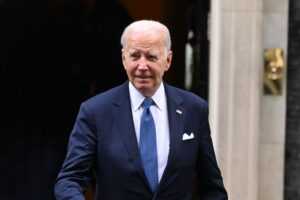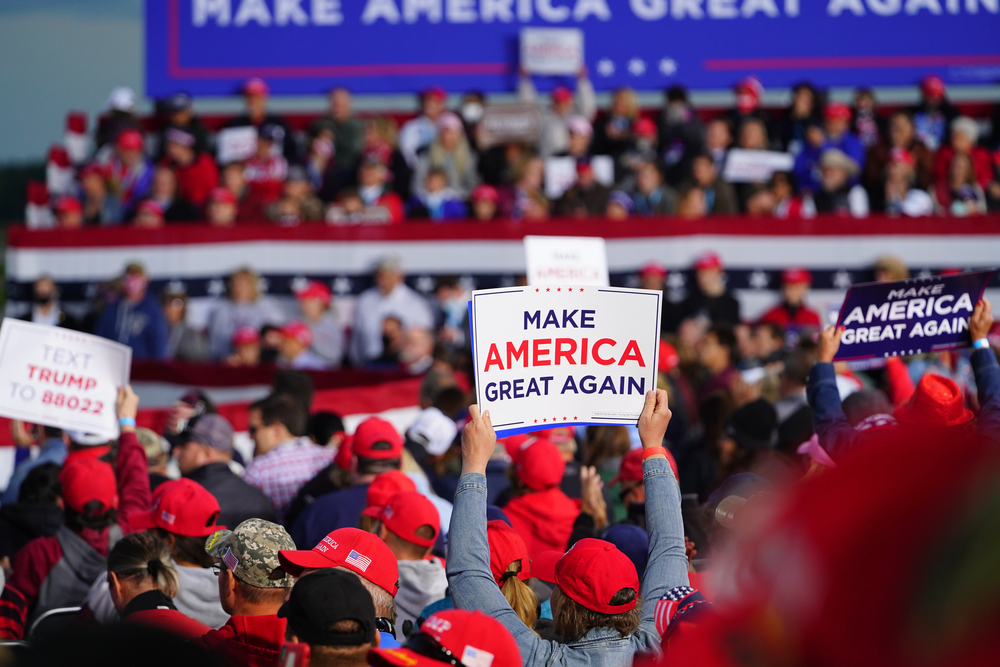
IRS Closes Massive Tax Loophole that Benefits the Rich
IRS Targets Wealthy Tax Loopholes
One of the biggest tax breaks used by the richest Americans is about to close. The measure is a component of a general strategy to couple higher tax compliance with greater progressiveness in the tax code for wealthy Americans.
One targeted loophole is the “stepped-up basis,” which allows heirs to avoid capital gains taxes on inherited assets. Currently, when someone dies and leaves property to an heir, the value of that property is “stepped up” to its market value at the time of the original owner’s death, wiping out any capital gains that took place during that person’s life. Critics argue that this provision enables the wealthy to pass on a large amount of wealth without paying estate taxes.
Potential Costs: It is estimated that the loophole will be a significant source of revenue for the federal goverEconomic Impact: The closure of this loophole is expected to generate substantial revenue for the federal government. The Biden administration projects closing the loophole could generate hundreds of billions of dollars in revenue over the next 10 years, making a significant contribution to funding new social programs and the deficit.
Community Response: Supporters argue it is needed to make the tax system more equitable and to address income inequality. However, critics say it might also have adverse economic effects, especially on small family businesses and farms that could find themselves unable to afford the taxes on inherited property.
More Info:
The richest Americans have used these shelters to legally avoid taxes for years on substantial portions of their income from investments.

Biden attempts to close the Charles Schwab capital gains loophole
The IRS’s move to ratchet up audit rates for the wealthiest taxpayers and biggest companies is part of a broader strategy to get tougher on tax cheats. In my case, the audit rate for those earning over $10 million annually will go up by ten. The agency also plans to increase audit rates more than three-fold for large, rather than mid-size, corporations with assets over $250 million.
The 2022 Inflation Reduction Act provides for this funding for this initiative. The measure is designed to narrow the estimated $600 billion tax gap by boosting tax compliance among large corporations and the wealthiest Americans.
Expert Say: As innovation in the tax space disintegrates, tax policy experts are keyed in on just how much of a footprint such an initiative could potentially leave behind. One tax analyst said that closing the stepped-up basis loophole is a major step toward providing tax fairness. Others caution that the shift must be done in a way that protects small businesses and family farms from unintended consequences.
Public Reaction: Local communities and businesses are prepping for the transition, and some have said it’s a stop-gap measure to more tax fairness.







